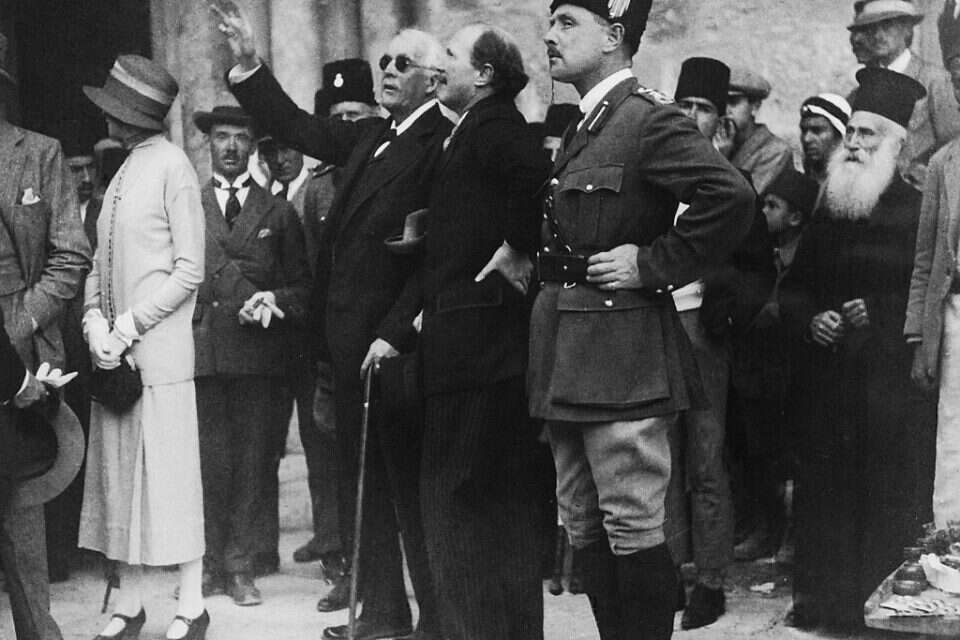Today, November 2, is Balfour Declaration Day.
Earlier this week, Palestinian Authority Chairman Mahmoud Abbas ordered that for the first time on this day, the PA flag be lowered at all its missions around the world.
The statement by the British Foreign Secretary, Arthur James Balfour, that Britain welcomes the establishment of a national home for the Jewish people in the Land of Israel, was published 104 years ago.
Britain has since repeatedly acted contrary to the declaration, and its governments have published "white papers" that have gnawed at the possibility of establishing the promised national home.
There were those in the Jewish community who saw the statement as a point lip service on the part of the British.
The Arabs and their supporters have been trying for many years to present the declaration as an imperialist document, given without authority and concealing parallel commitments.
It is a very carefully worded document while Britain is engrossed in the war in Europe, and at the same time - close to the pinnacle of its greatness as an empire.
It should also be remembered that there was a political continuation of the declaration.
In 1920, the San Remo Conference was held, at which the treaty states gave Britain a mandate to implement the Balfour Declaration, and in 1922 the declaration was ratified in Geneva, this time by the body that preceded the UN, the League of Nations. Of a national home, but also of its "re-establishment."
Already after the statement, objections were heard.
Some were anti-Zionist Jews, who claimed that it harmed the status of Jews in their countries.
Others objected out of political rivalry.
Some saw it as an expression of the "global Jewish connection," and of course also those who believed that the British interest was in favor of the Arabs.
In diplomatic moves it is right to look for the cold interest, but keep in mind that there was a strong philosophical movement in Britain, and that Balfour and Prime Minister Lloyd George, also according to their haters, believed in returning the Jews to the Holy Land.
The entanglements of Britain in our region spurred opponents of Zionism to return and condemn the Balfour Declaration.
This is after the riots of 1959, and more intensely after the embarrassment in Suez in 1956. Every decade since the declaration, petitions of anti-Israel bodies have been published calling for its abolition or apology.
From the references to the statement one can identify trends.
The Guardian's enthusiastic expression of support for it in 1917 made it one of the "biggest mistakes of the paper" in its 100th anniversary.
Labor leader until recently, Jeremy Corbyn, refused to attend the gala dinner on the occasion of the 100th anniversary of the declaration, despite long-standing ties between Labor and the Zionist movement.
If Winston Churchill was one of the few in the Conservative circles who supported it, then Theresa May, Boris Johnson and other conservative prime ministers were proud of this contribution of Britain to Zionism.
The Balfour Declaration is an indication to know "Hello if we need it" - between those who see its support for the return of the Jews to the Land of Israel as a historical injustice, and those who support it unconditionally.
The reference to this groundbreaking event defines the attitude toward Israel.









